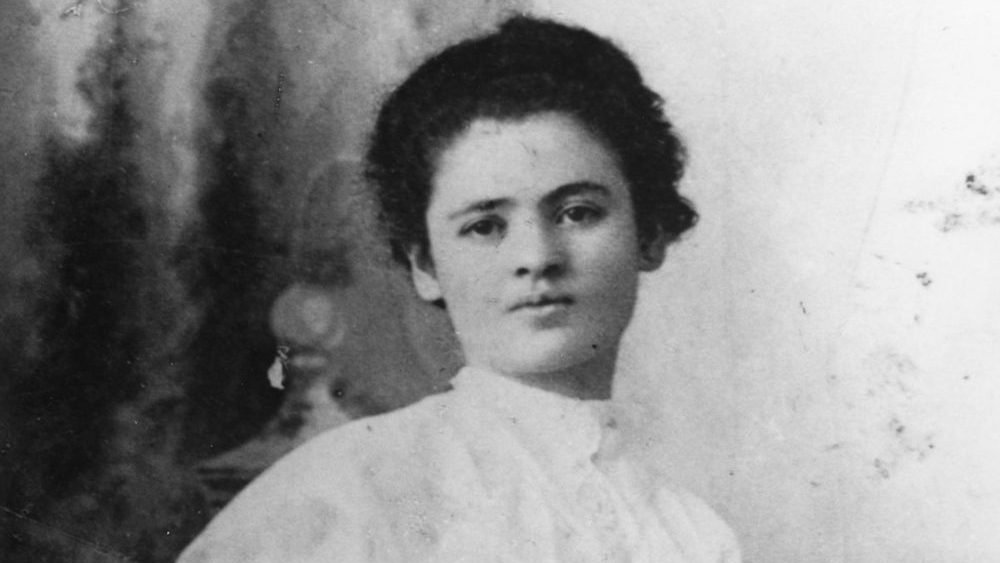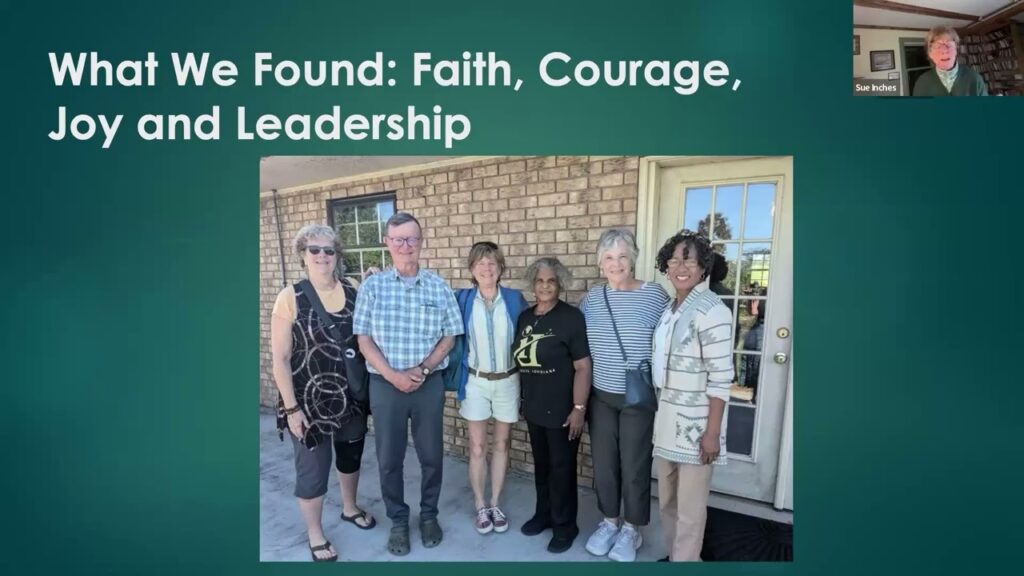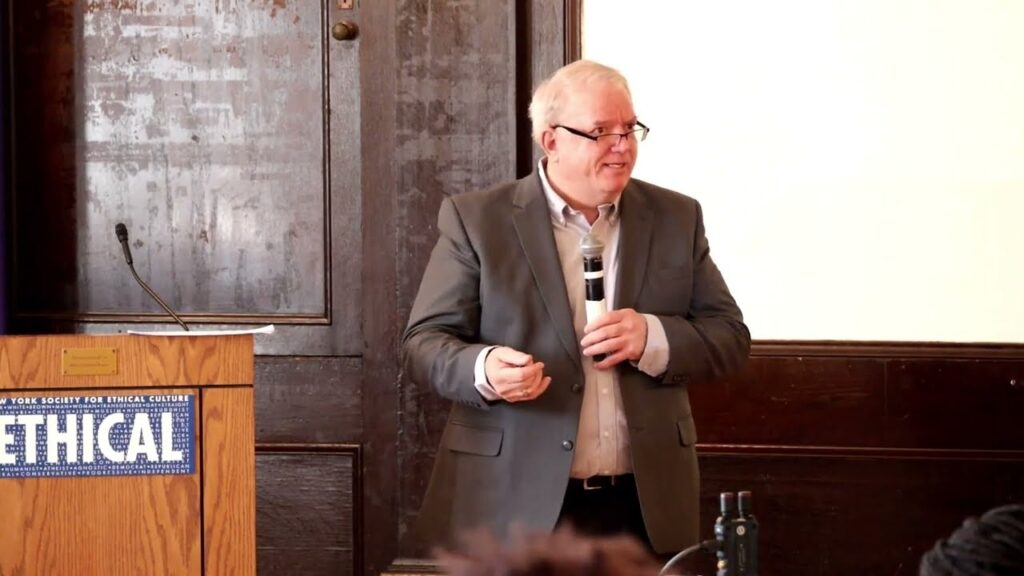
“There’s a special place in hell for women who don’t help each other.”
Madeline Albright, February 6, 2016
Hell? Really? The former Secretary of State said this when she introduced another former Secretary of State, Hillary Rodham Clinton, at a rally in New Hampshire. Of course, she wasn’t suggesting that we women help all women, just her candidate. (On February 10, the other woman running for president, Carly Fiorina, ended her bid.) Maybe there’s another special place in hell for women who support Republican women. At any rate, damning anyone to hell seems like a bad idea to me.
A day earlier, feminist icon and founder of Ms. Magazine Gloria Steinam said in an interview on comedian Bill Maher’s HBO show, “. . . women get more radical because they lose power as they age. And, when you’re young, you’re thinking, where are the boys? The boys are with Bernie.” Maher gave her a chance to reconsider her statement by joking that he wouldn’t be allowed to make such a sexist comment, but she stuck to her guns. It took her a couple of days – and a backlash of tweets – to assert that “I misspoke. . . and apologize for what’s been misinterpreted as implying young women aren’t serious in their politics.” Really? I heard the interview and thought that she spoke very clearly – and condescendingly.
So here we have two Second Wave feminists chiding Millennial women (Fourth Wave feminists) because they have the audacity to assert their right to support the presidential candidate whom they feel best expresses their interests and values. They do look forward to the day when a woman takes her place in the Oval Office, just not Hillary. What do we make of this? Surely shaming and scolding a younger generation of women is not only high-handed, but ineffective.
I, too, am a Second Wave feminist, and, for my Women’s History Month column, was all set to lambast Republicans for their “War on Women” (the topic of my lunch discussion on March 24, with a long list of misogynist legislation). Instead, thanks to Madeline and Gloria, I’m turning back to First Wave feminists Susan B. Anthony and Elizabeth Cady Stanton and their (failed) efforts to win suffrage for American women. It wasn’t until 1920, after their deaths, that another generation succeeded. These western New York State friends, and many of their neighbors, were political radicals. Such was not the case for other women. Remember that the women’s suffrage movement grew, in part, out of the Temperance movement that was rife with conservative Christians. Anthony’s organizational skills were put to the test as president of the National American Woman Suffrage Association after Stanton published The Woman’s Bible, a controversial best-seller that attacked the use of the Bible to subjugate women (a practice still prevalent today). Conservative opponents denounced the book, and Anthony started spending more time with her daughter in London.
Gloria Steinem’s goddaughter Rebecca Walker (writer Alice Walker’s daughter), launched a new era of feminism in an essay entitled “Becoming the Third Wave,” published in Ms. Magazine in 1992. In it she wrote, “I am ready to decide, as my mother decided before me, to devote much of my energy to the history, health, and healing of women. Each of my choices will have to hold to my feminist standard of justice. To be a feminist is to integrate an ideology of equality and female empowerment into the very fiber of my life.” Some older women called this new generation “ungrateful daughters.” Not Steinem, though; she listened. It’s time for her to listen again to a generation of women saying that they will decide.
Wondering about feminist waves? It’s confusing! Stop by my office for a chat.







